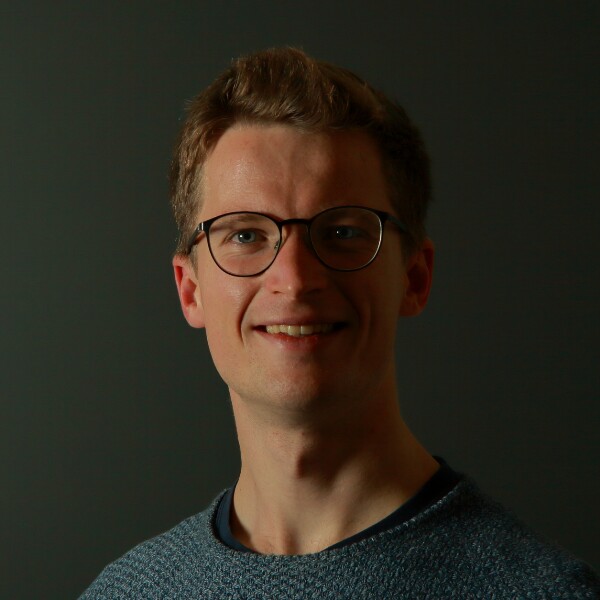What excites me is uncovering the basic principles behind intelligent systems acting in the world. How can a system learn to perceive the relevant things out there, and act according to some internal goals? If you open the gory black box of an intelligent system, which mechanisms will you find that lie at the basis of all these complex perceptions and actions? I focus on the artificial side of intelligence, while drawing inspiration from natural intelligence.
Lately, my research has converged on two interconnected areas. Firstly, I want to deeply understand predictive agency. Current LLM agents are centered around powerful models that predict their own actions, and I hypothesize that humans can be characterized as such predictive agents as well. This raises fundamental questions: How can we conceptualize and formalize agency when prediction takes center stage? How do we characterize policy improvement in these predictive settings?
Secondly, multi-agent systems are key to our future. I believe breakthroughs in this domain can unlock 'social scaling' —scaling intelligence by increasing the number of interacting agents with minimal imposed coordination. And even more importantly, a better understanding and design of multi-agent societies holds immense potential for ensuring human-AI flourishing through mutually-beneficial cooperation. To achieve this, we urgently need better multi-agent reinforcement learning algorithms, which must be compatible with the principles of predictive agency. Looking towards a future where AI agents may surpass human capabilities in various ways, a core challenge I'm addressing is how to reach mixed human-AI societies that foster robust cooperation, ensuring both humans and AI mutually depend on each other's flourishing.
Drawing on insights from theoretical neuroscience, cultural evolution, game theory, optimal control and Bayesian prediction, I'm trying to make sense of it all.
Besides my love for science, I'm a passionate musician and on the weekends, you can find me either skiing or hiking in the beautiful Swiss Alps, or experimenting with homemade pizza.
